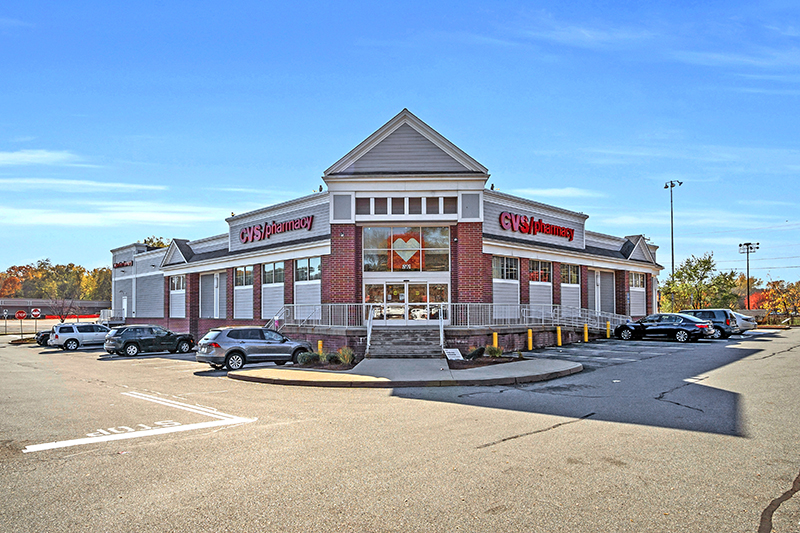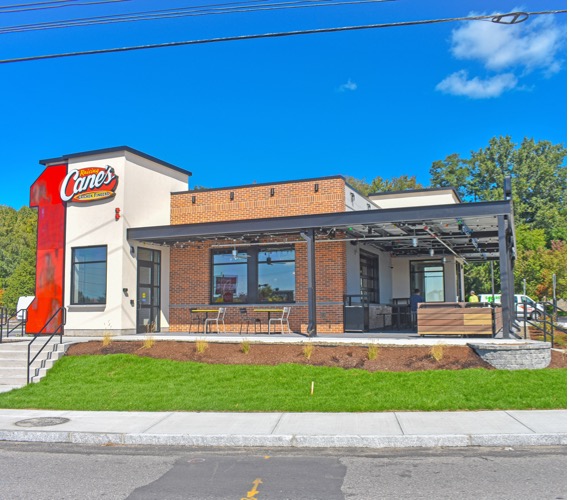News: Retail
Posted: January 23, 2014
New IRS regulations on capitalization of real estate expenditures
In September 2013 after approximately 10 years of proposed and temporary regulations, the IRS issued final regulations on what taxpayer expenditures can be expensed as repairs and maintenance in the year the expenditure is made and what expenditures need to be capitalized. In most instances when expenditures are capitalized the IRS allows taxpayers to take a depreciation deduction over a prescribed time period to recover the cost of the expenditure as a tax deduction.
The new regulations are long, complex, confusing, and will impact almost all taxpayers. Beginning in 2014 all taxpayers will be required to adopt the new "Repair vs. Capitalization" regulations. A taxpayer may elect to adopt the new regulations for 2012 and 2013 subject to certain restrictions and filing requirements. Under the new rules, more assets will be required to be capitalized and depreciated over IRS prescribed asset class lives than currently. Many expenditures that taxpayers currently deduct in a tax year as repairs and maintenance will now be required to be capitalized. For example taxpayers are likely to find that the cost to replace a certain number of windows in a building will now be required to be capitalized. In addition, some expenditures taxpayers routinely took as a yearly repair or maintenance expense will now be required to be capitalized.
The real estate industry will be particularly hard hit with the new regulations. In addition, with the taxpayer friendly depreciation deductions expiring at the beginning of 2014 almost all real estate owners will obtain less tax deductions in 2014 most likely resulting in larger income tax bills.
The regulations do provide some relief for taxpayers however. The new regulations will allow taxpayers to make annual elections on their tax returns allowing them to deduct in the year the expenditure was made, expenditures that would otherwise need to be capitalized. There are 3 elections that many taxpayers will find beneficial.
The first election is the De minimis election that allows taxpayers to deduct (in the year an expenditure is made) any expenditure below a prescribed dollar limit up to $5,000. Most taxpayers will have a $500 dollar limit and the taxpayer must have a consistent asset capitalization policy for tax and financial statement purposes. This election does not apply to certain expenditures relating to inventory or land acquisition. If a taxpayer acquires 200 refrigerators at $499 apiece and has a capitalization policy on place of $500 the taxpayer may deduct the cost of the refrigerators ($99,800) in the year acquired as opposed to the five year recovery period if they were required to be capitalized.
The second election is the Building Routine Maintenance Safe Harbor that allows taxpayers to expense in the year incurred ongoing expenditures that a taxpayer expects to perform more than once over a 10 year period. Brick repointing every three years would qualify for this safe harbor.
The third election is the Small Taxpayer Safe Harbor that allows taxpayers with average yearly gross receipts less than $10 million and buildings with a tax basis less than $1 million to expense on a yearly basis the lesser of $10,000 or 2% of the buildings' tax basis expenditures that might otherwise need to be capitalized and written off over the expenditures applicable IRS tax life.
In addition to the yearly tax elections the regulations have relaxed the rules for taking losses for assets that are disposed of. One of the key provisions of the new rules that will benefit real estate owners is the requirement that taxpayers write-off assets previously capitalized when assets were replaced, abandoned, demolished, or otherwise disposed of. This will typically provide a substantial tax write-off in the year the assets are disposed. While landlords and tenants have been allowed to write-off some assets as they were replaced, the new rules expand what can be written off and now allow taxpayers that own their buildings to write-off disposed assets. The new rules also allow taxpayers to go back to prior tax years and write-off assets disposed of in prior years if the taxpayer failed to do this. The deduction is taken on the 2013 tax return.
The contents of this article are provided solely for general illustration and instructional purposes. Any tax advice contained within is not intended to be used, and cannot be used, for the purposes of avoiding penalties under the Internal Revenue Code or applicable state or local tax law provisions, or promoting, marketing, or recommending to another party any transaction or tax-related matter addressed herein.
Jeffrey Hiatt is director of new business development and Philip Mann is managing director at MS Consultants, LLC, Williamsville, N.Y.Philip Mann, MS
Consultants, LLC
Tags:
Retail
MORE FROM Retail
Mace of KeyPoint Partners negotiates 36,192 s/f lease for The Picklr at Endicott Square
Danvers, MA KeyPoint Partners (KPP) negotiated a lease with the nation’s premier indoor pickleball venue The Picklr at Endicott Sq. Vice president of retail brokerage Don Mace negotiated the transaction on behalf of the landlord.

Quick Hits




.jpg)


.png)